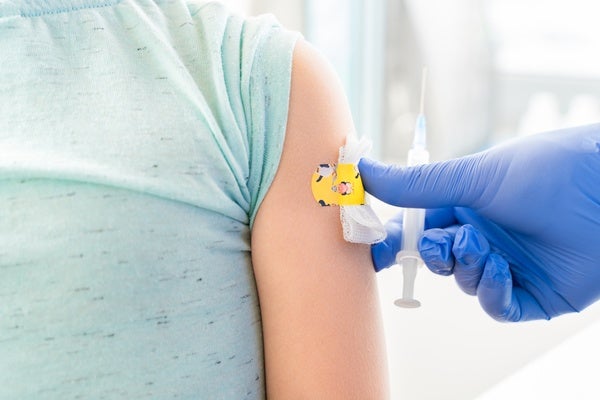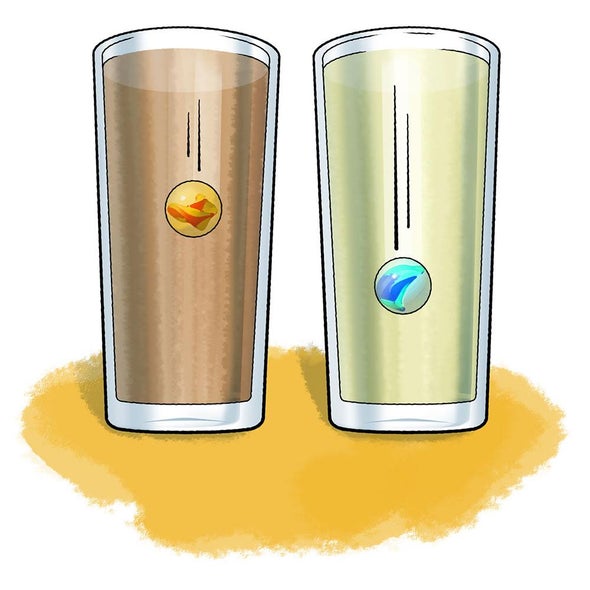 |
| November 05, 2021 |
 |
| |
| |
| |
| Sponsor Content Provided by AstraZeneca Meet the 2021 C2 Awards Honorees Redefining cancer care takes a community. The third annual Cancer Community Awards (or C2 Awards) celebrate the grassroots changemakers on the frontlines of cancer care. Meet this year’s honorees and learn more at YourCancer.org. | | | | |
| |
| Medicine Gene Therapy Is Coming of Age Various approaches are approved for treating blood cancers and a few rare disorders—they may soon become standard care | | | | |
| |
| |
| |
| |
| |
| |
FROM THE STORE
 | | Existence and Other Questions: Selected Works of John Horgan Does free will exist? Is the Schrödinger Equation True? How does matter make a mind? In his Scientific American column, John Horgan takes a scientific approach to exploring mysteries such as these, and in this eBook, we collect some of his most thought-provoking work on consciousness, quantum mechanics, the science of psychedelic drugs and more. |  | | |
| |
BRING SCIENCE HOME
 | | Marble Race--in Liquid! |  Syrup or honey? Oil or water? Who will win in this liquid, marble-race challenge? Test the viscosity of common liquids around your house, and find out! Credit: George Retseck | Have you ever tried to squeeze honey or syrup out of a bottle at breakfast on a chilly winter morning? Do you notice that it's harder to do that than on a hot summer day? As the liquid gets colder, its viscosity, or resistance to flow, increases. Viscosity is a properly of liquids that can be very important in very different applications—from how the syrup flows out of your bottle to how blood flows through the human body to how lava flows out of a volcano. In this project you will learn a little bit about viscosity by holding a marble race! | |  | |
LATEST ISSUES
 |
| |
| Questions? Comments?  | |
| Download the Scientific American App |
| |
| |




